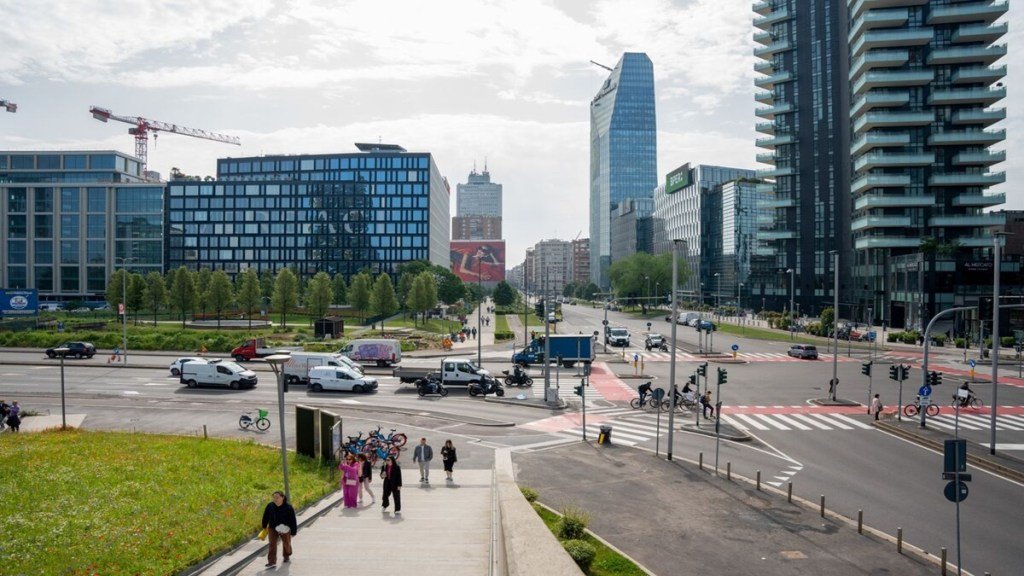
German and Dutch Police to Collaborate on Border Controls as Netherlands Implements New Measures
Key Points:
- German police will coordinate with Dutch counterparts when the Netherlands introduces internal border controls.
- The Netherlands will begin border checks with Germany and Belgium on December 9, 2024.
- Authorities aim to minimize the impact of these measures on commuters.
The German Federal Police have confirmed plans to collaborate with Dutch law enforcement as the Netherlands prepares to implement internal Schengen border controls. The checks, set to start on December 9, 2024, will focus on crossings with Germany and Belgium.
Joint Efforts at Border Checkpoints
A spokesperson for the Federal Police in Hanover stated that cooperation will occur at three established checkpoints, enabling faster processing at the borders.
“Cooperation between the two states is planned at the three checkpoints that have already been set up,” said the spokesperson.
By working together, the German and Dutch authorities aim to ensure compliance with entry regulations and enhance measures to return individuals who fail to meet the entry criteria.
While the authorities are working to reduce the impact on daily commuters, they cautioned that traffic delays might occur, particularly during busy travel periods.
Expanded Collaboration for Non-Stationary Checks
In addition to fixed border checkpoints, German and Dutch police will also conduct flexible, non-stationary controls. These operations, coordinated across both countries, will allow authorities to adapt the timing and location of checks based on situational needs.
“Bilateral cooperation through joint controls with the Dutch authorities is being planned here,” the Federal Police spokesperson added.
Netherlands to Introduce Six-Month Internal Border Controls
The Netherlands announced that internal border checks with Germany and Belgium will remain in effect for six months, starting December 9, 2024, and running through June 9, 2025.
The Dutch government stated that the primary goal of these measures is to enhance public safety and national security while addressing irregular migration.
Germany, which has been conducting its own internal border checks since September 16, 2024, is among several Schengen countries enforcing similar measures. Other nations with active internal border controls include Austria and France.
The collaboration between German and Dutch authorities reflects a shared commitment to ensuring effective and secure border management while minimizing disruption for travelers.




















